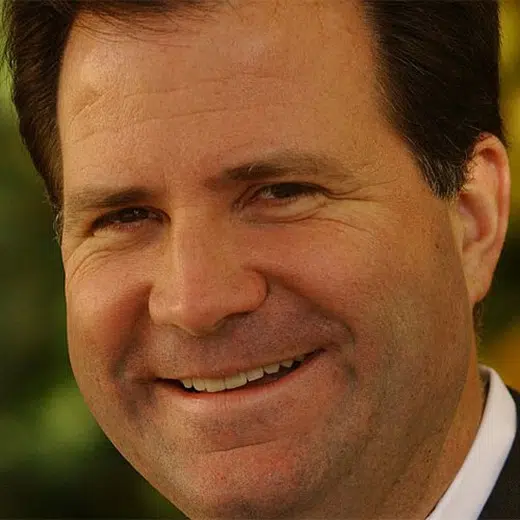By Pavel Polityuk
KYIV (Reuters) – The destruction of the Kakhovka dam will flood tens of thousands of hectares of agricultural land in southern Ukraine and could turn at least 500,000 hectares of land left without irrigation into “deserts”, the agriculture ministry said.
Ukraine, a major global producer and exporter of grain, has accused Moscow of committing a war crime by blowing up the Soviet-era dam, which powered a hydroelectric station and was occupied by Russia. The Kremlin blames the collapse on Ukraine.
Kyiv has estimated that about 42,000 people are at risk from flooding that it expects to peak on Wednesday. President Volodymyr Zelenskiy said the dam’s collapse had left hundreds of thousands of people without normal access to drinking water.
“The destruction of the Kakhovka hydroelectric power station will lead to the fact that fields in the south of Ukraine may turn into deserts next year,” the agriculture ministry said.
It said in a statement late issued late on Tuesday that the disaster would cut off water supply to 31 irrigation systems in the Ukrainian regions of Dnipro, Kherson and Zaporizhzhia.
The ministry said that in 2021 – before Russia’s full-scale invasion – these systems provided irrigation on 584,000 hectares from which farmers harvested about 4 million tonnes of grains and oilseeds.
The dam’s destruction has left 94% of irrigation systems in Kherson, 74% of those in Zaporizhzhia and 30% of those in Dnipro regions without water, it said.
The ministry also quoted preliminary estimates indicating that around 10,000 hectares of agricultural land on the right bank of the Kherson region would be flooded.
“Several times more (land will be under water) on the left bank of the region, which is currently under occupation,” the ministry said.
The ministry has not said how much grain could be lost because of flooding.
Ukrainian farm minister Mykola Solsky told Reuters last week the country could harvest 18 million tonnes of winter grains this year and winter wheat dominates the output.
(Reporting by Pavel Polityuk, Editing by Timothy Heritage)






